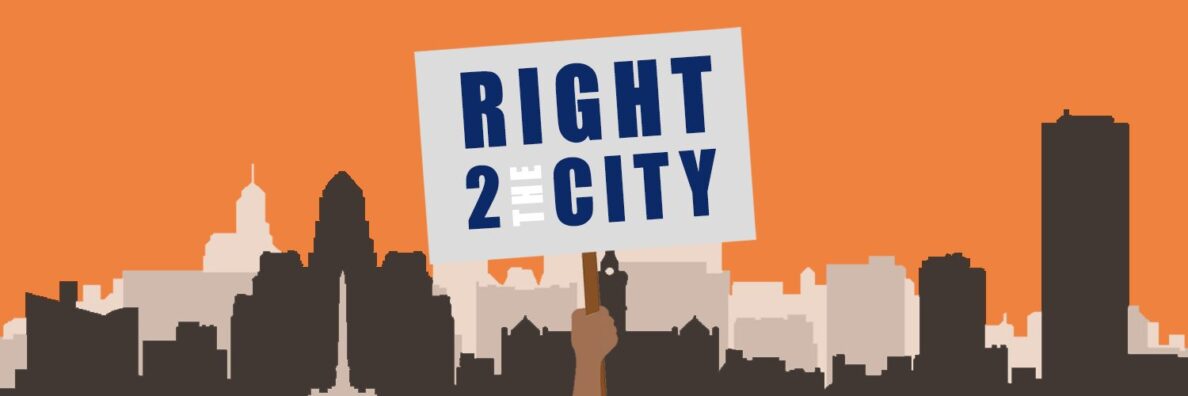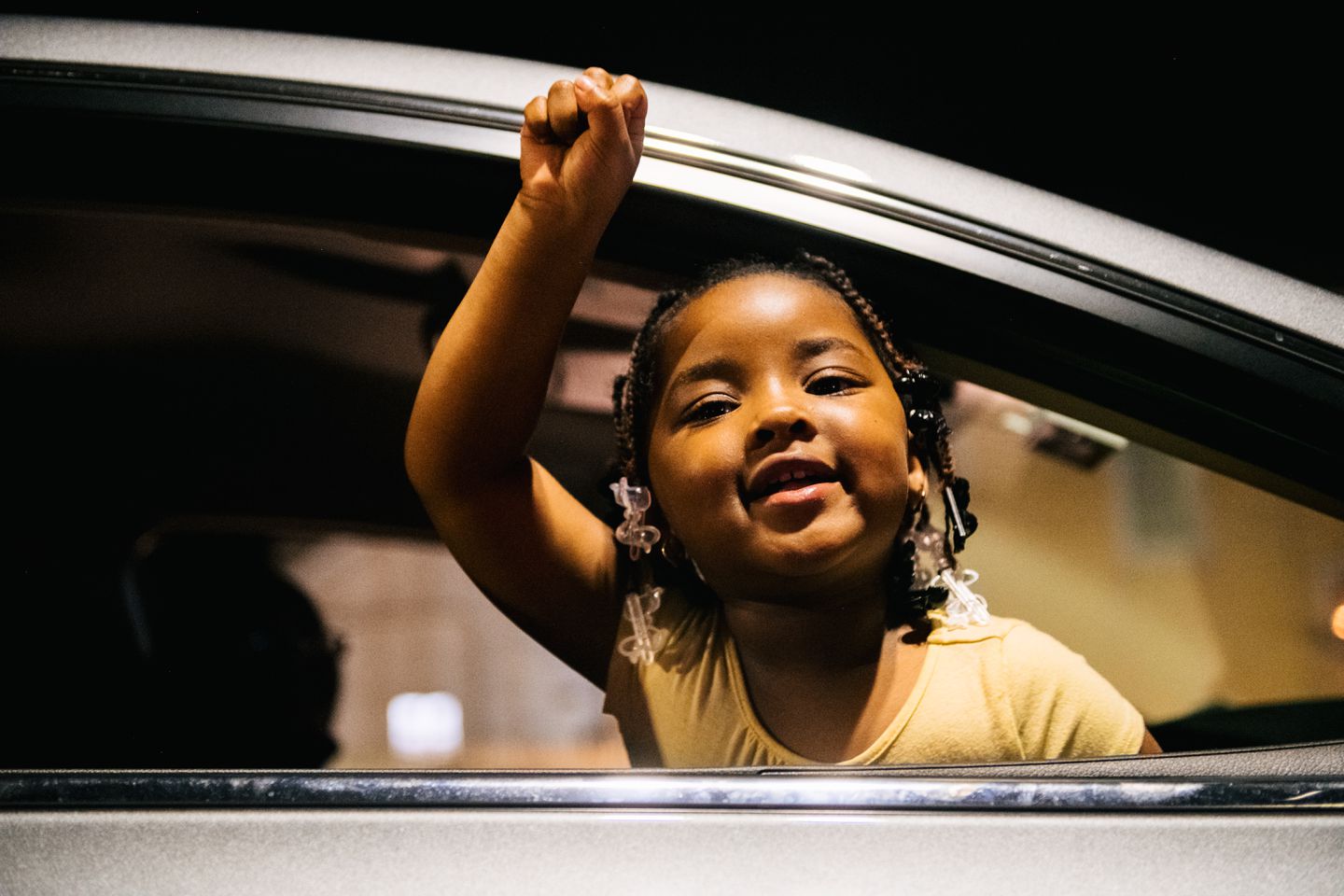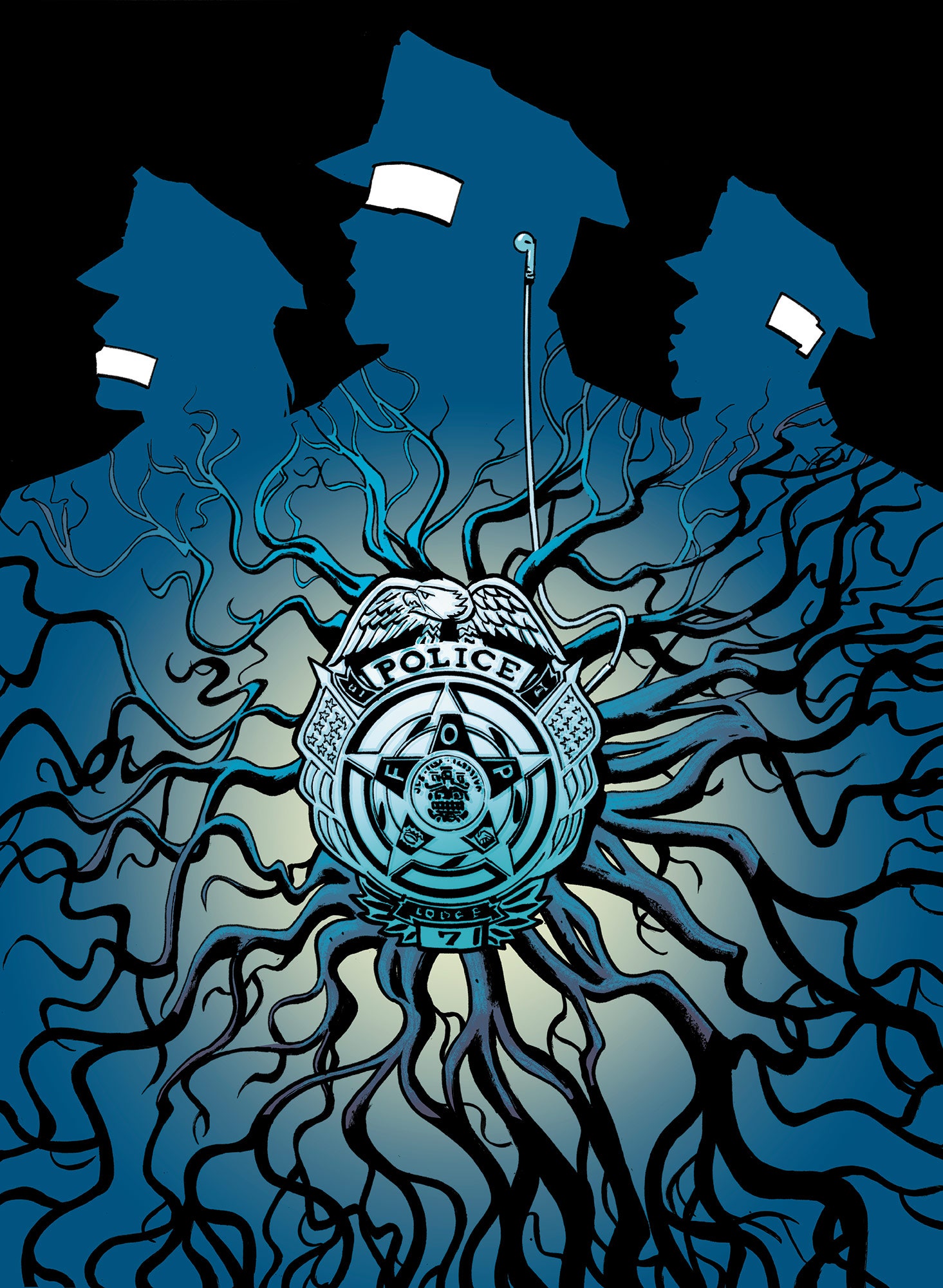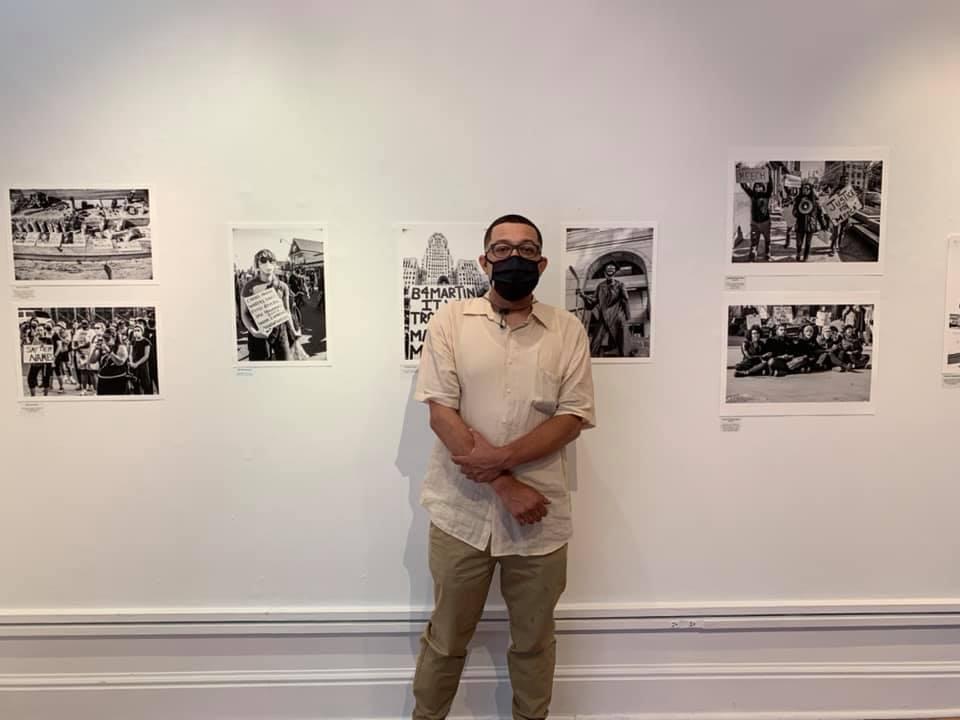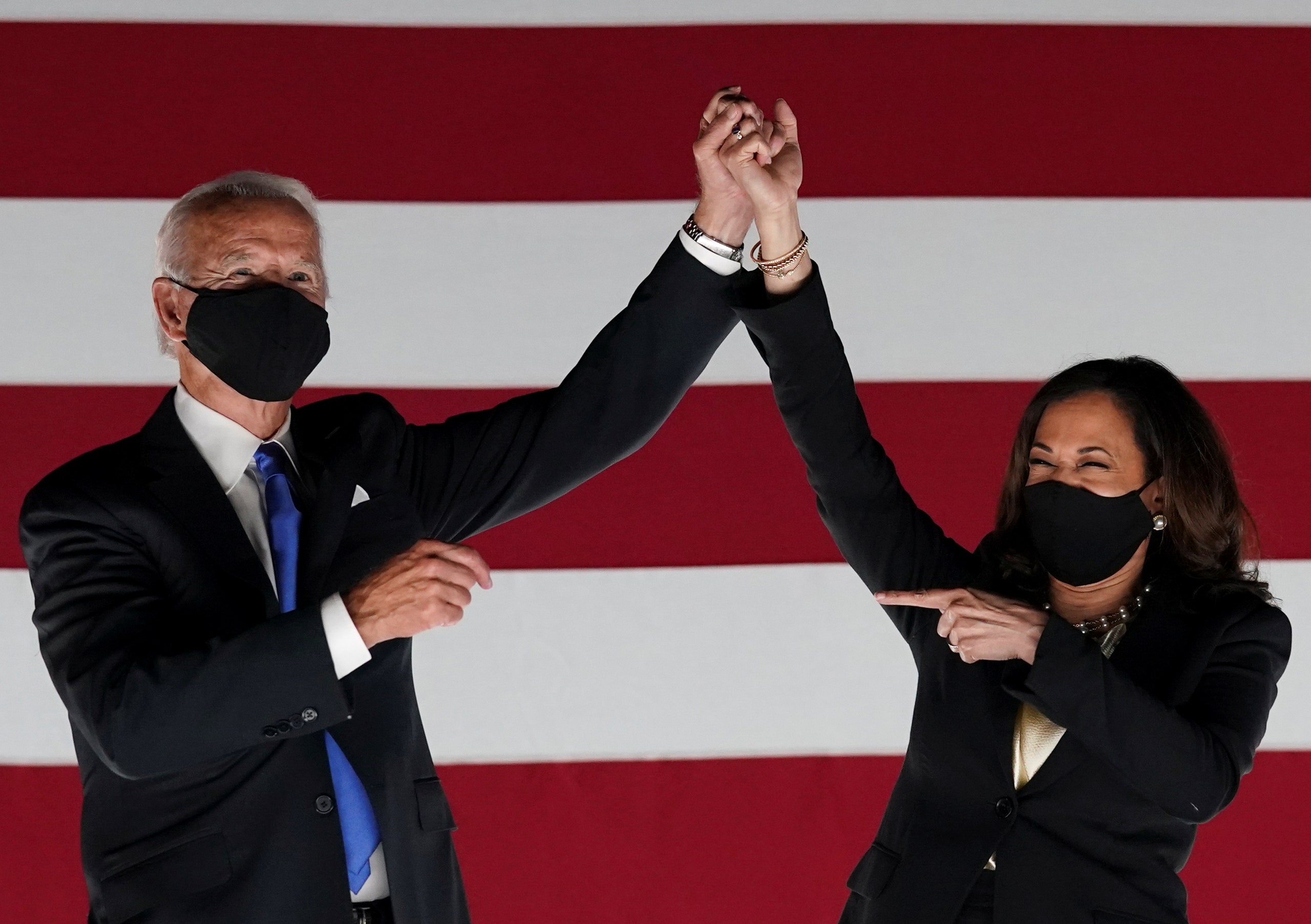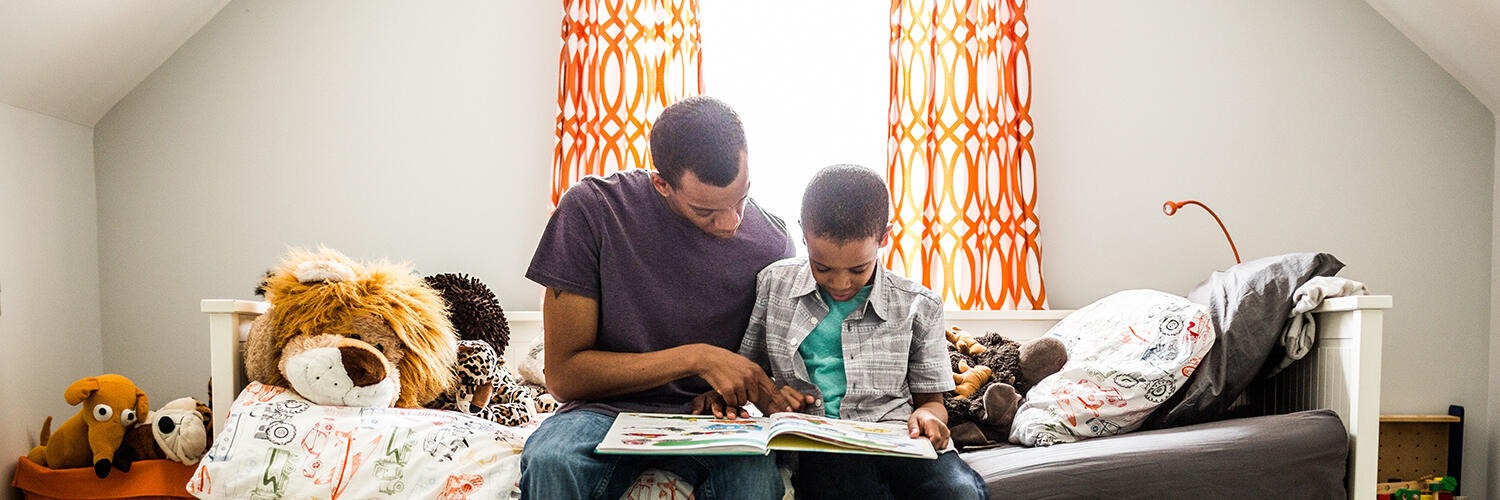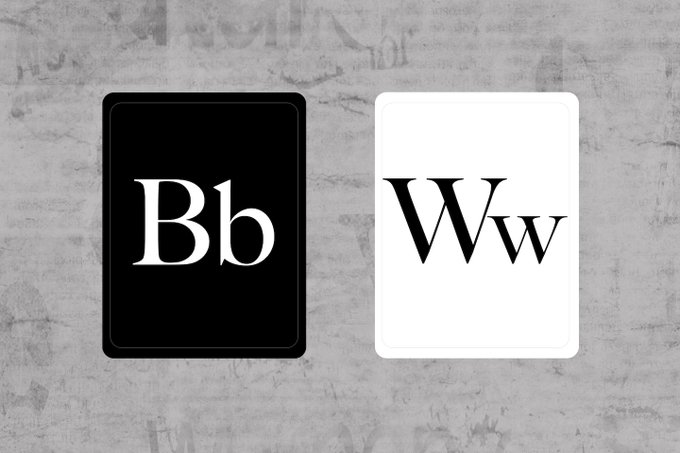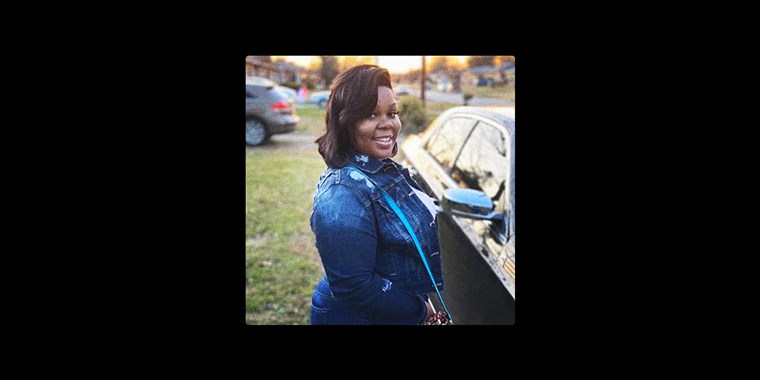We’ve Entered the Era of ‘Branding for Black Lives’
By Dave Zirin
Read the full article from The Nation, here.
“Amid this push and pull between player dissent and league branding, a hero did emerge—but not in the NFL. Naomi Osaka won the US Open in thrilling fashion, and the 22-year-old tennis star wore a different mask before every match with a different name of someone who had been killed by police. After her final triumph, a comeback victory against Victoria Azarenka, ESPN’s Tom Rinaldi asked Osaka, ‘You had seven masks with seven names, what was the message you wanted to send?’ She gave a response for the ages, looking at Rinaldi and saying, ‘Well… what was the message you got?'”
